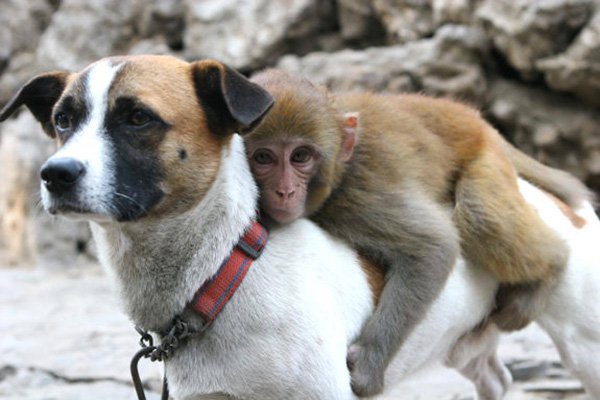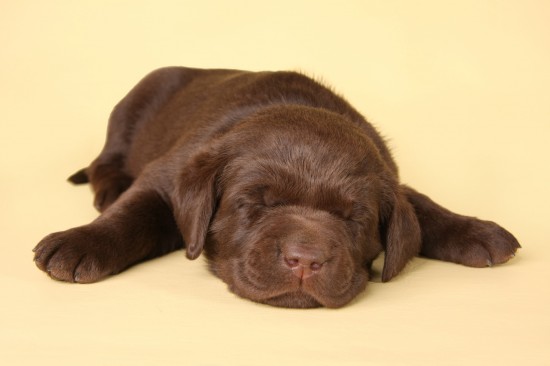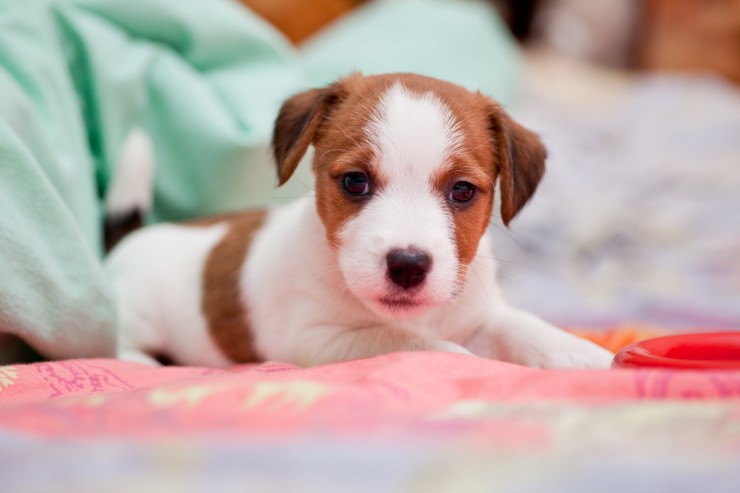
It was raining, and I did not want to leave my Golden Retriever in the house alone. I put him in the laundry room, and planned to be back within the hour. One hour became two; when I finally got home, my beloved, handsome two year old dog had chewed through about five rolls of paper towels. My “How is my sweet dog?” voice changed to “WHAT HAVE YOU DONE??” in about half a second. My dog cowered in the corner, begging me to forgive his destructive behavior. I quickly began picking up the shredded paper and found myself lecturing my dog about why he should not chew paper towels. I soon stopped myself, realizing that a ten minute lecture was not going to train my dog. I started to look up ways of correcting dog behavior and found some helpful tips online.
First and foremost, I learned that all dogs chew. It is a fact of life, and one that all dog owners must understand and accept this fact. (Puppies especially need to chew because of teething.) Part of the paper towel fiasco was my fault. I didn’t leave my dog any other toys to play with while I was gone, and I was gone much longer than I thought. My dog was not used to being cooped up in the laundry room for long periods of time and was most likely chewing because of stress, anxiety, or simple boredom. Dogs often become restless when alone and chewing relieves that stress and energy.
Second, I learned that I should leave a variety of toys for my dog to chew, whether I am home or not. Tennis balls, rope toys, Kongs, compressed raw hide are all good choices and add some variety to my dog’s chewing life. Whenever I see my dog chewing on his toys, I praise him for his behavior. If I catch him chewing on one of my shoes or my couch, then I firmly scold him with a verbal warning and then direct him to one of his toys. As soon as he starts to chew on his toy, I praise him. Dogs need a lot of praise and consistent behavior in order to learn not to chew. Don’t set your dog up for failure. If you don’t want him to chew up your shoes, don’t give him an old shoe to play with. Also, if there are items that you think he might be tempted to chew, put them out of his reach.
As with any dog training issue, stay patient and be consistent. If your dog is chewing up your house, it will take awhile to change his behavior. If the toys don’t seem to be helping, there are some safe products you can buy to spray on items you want your dog to avoid. Sometimes it also helps to hire a professional trainer to get some additional tips on training your dog. Don’t give up on your dog. Hang in there and put the paper towels on a higher shelf!
Kelly Jezek is a successful Webmaster and publisher of dogtrainingessentials.com. She provides more helpful tips on correcting destructive behavior at her site. Visit http://dogtrainingessentials.com today!
Article Source: http://EzineArticles.com/?expert=Kelly_Jezek
 Seven Tips For Raising A Well-adjusted Puppy
Seven Tips For Ra
Seven Tips For Raising A Well-adjusted Puppy
Seven Tips For Ra
 A quick guide to the simple process of transporting pets to Singapore
A quick guide to the simple process of transporting pets t
A quick guide to the simple process of transporting pets to Singapore
A quick guide to the simple process of transporting pets t
 An Exercise In Exercise Patient: Why The Dog Is Banned From Future Workouts
Although the dog is just a bit overweight, she is no lon
An Exercise In Exercise Patient: Why The Dog Is Banned From Future Workouts
Although the dog is just a bit overweight, she is no lon
 Do Some Dogs Need To Sleep More Than Other Dogs?
Do Some Dogs Need
Do Some Dogs Need To Sleep More Than Other Dogs?
Do Some Dogs Need
 6 Myths About Dog Behaviours Debunked
6 Myths About Dog
6 Myths About Dog Behaviours Debunked
6 Myths About Dog
Copyright © 2005-2016 Pet Information All Rights Reserved
Contact us: www162date@outlook.com